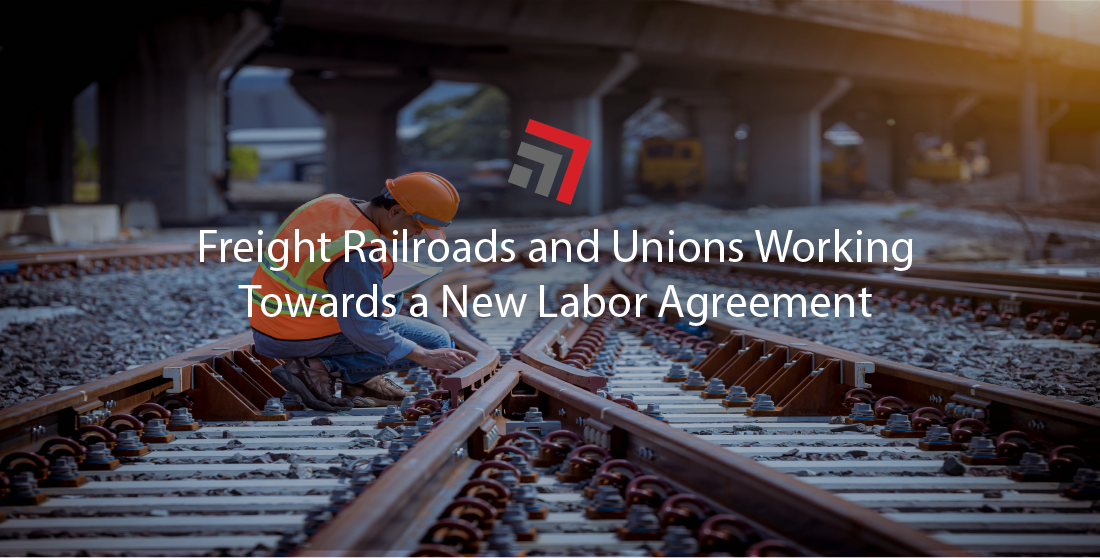Freight railroads and unions are working towards coming together to a new labor agreement. However – it has been a rollercoaster of ups and downs, with many hopeful it gets resolved sooner than later.
The Beginning
Back in 2020, January to be specific, a new labor deal between the railroads and their unions was being discussed.
However, two years later, negotiations stalled and failed to continue – with the Coordinated Bargaining Coalition (CBC) seeking to bring in a federal mediator to help with negotiations, something the railroads supported as well.
The reasons for stalling of negotiations was due to fair compensation and heath care. Both parties were unable to reach agreements on a fair compensation and benefit package for workers that would “modernize the national railroad health and plan, and also update certain outdated work rules that, in some cases, have not been revised in decades,” reports show.
The Middle
When the National Mediation Board (NMB) – an independent federal agency that mediates labor agreements for the railway and airline industries – got involved, negotiations still remained at a standstill. Which then caused the NMB to have the railroads and unions begin a 30-day cooling-off period from mediations, in June.
As Freightwaves notes all of these steps in the negotiation process – including conditions under which a union may elect to strike are outlined under the Railway Labor Act.
The End? What’s Expected Next
In July, in order to avert a potential damaging strike, the President called on an emergency board to get involved in the ordeal and has since conducted hearings throughout the past month.
A couple of days ago, the Presidential Emergency Board (PEB) provided the White House and stakeholders a report that lists recommendations on how the freight railroads and unions can work towards a new labor agreement.
Some of the recommendations include:
- Five annual $1,000 lump sum payments
- Wages that would increase by 24% throughout the five-year period from 2020-2024, plus a 14.1% wage increase that would be effective immediately
- Adjustments to health care premiums and limited changes to work rules
The National Carriers Conference Committee (NCCC), is the group bargaining on behalf of the freight railroads and noted that a portion of the wage increases and lump sum payments would be retroactive, which would result in more than $11,000 on average in immediate payouts to employees, Freightwaves reports.
The NCCC continued to state that, “if these recommendations are implemented, they would include the most substantial wage increases in decades.”
Now, all parties will engage in a 30-day “cooling-off” period, where both sides will look through the recommendations.
We will continue to provide updates on the latest in the industry and more throughout the year and beyond. As always, should you have any questions or comments, please don’t hesitate to reach out to our team today!



Recent Comments